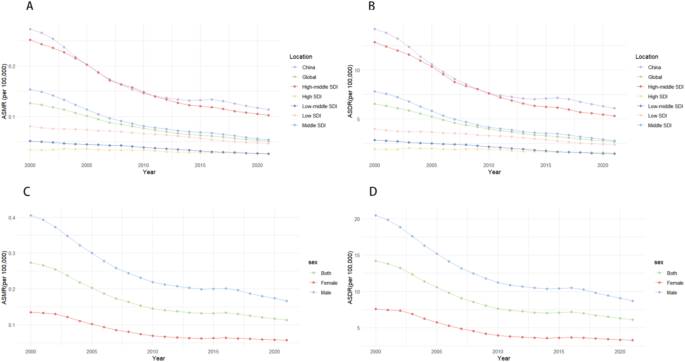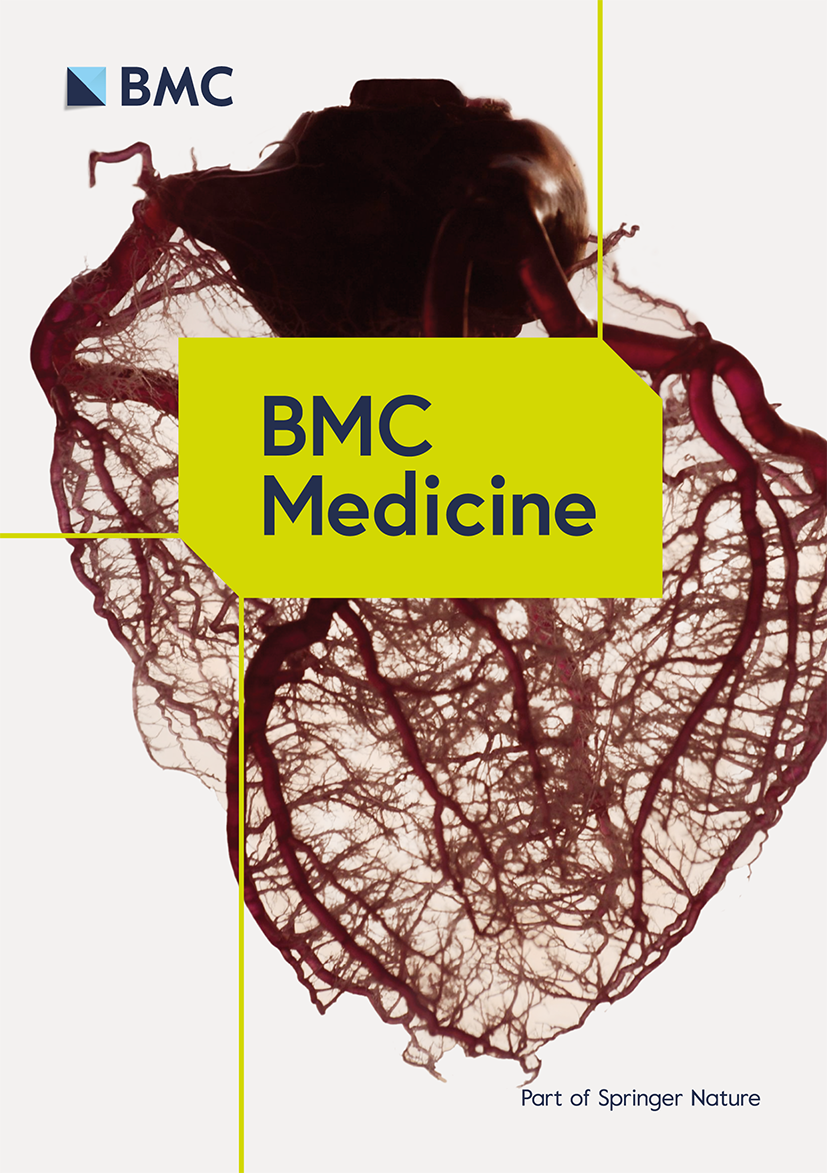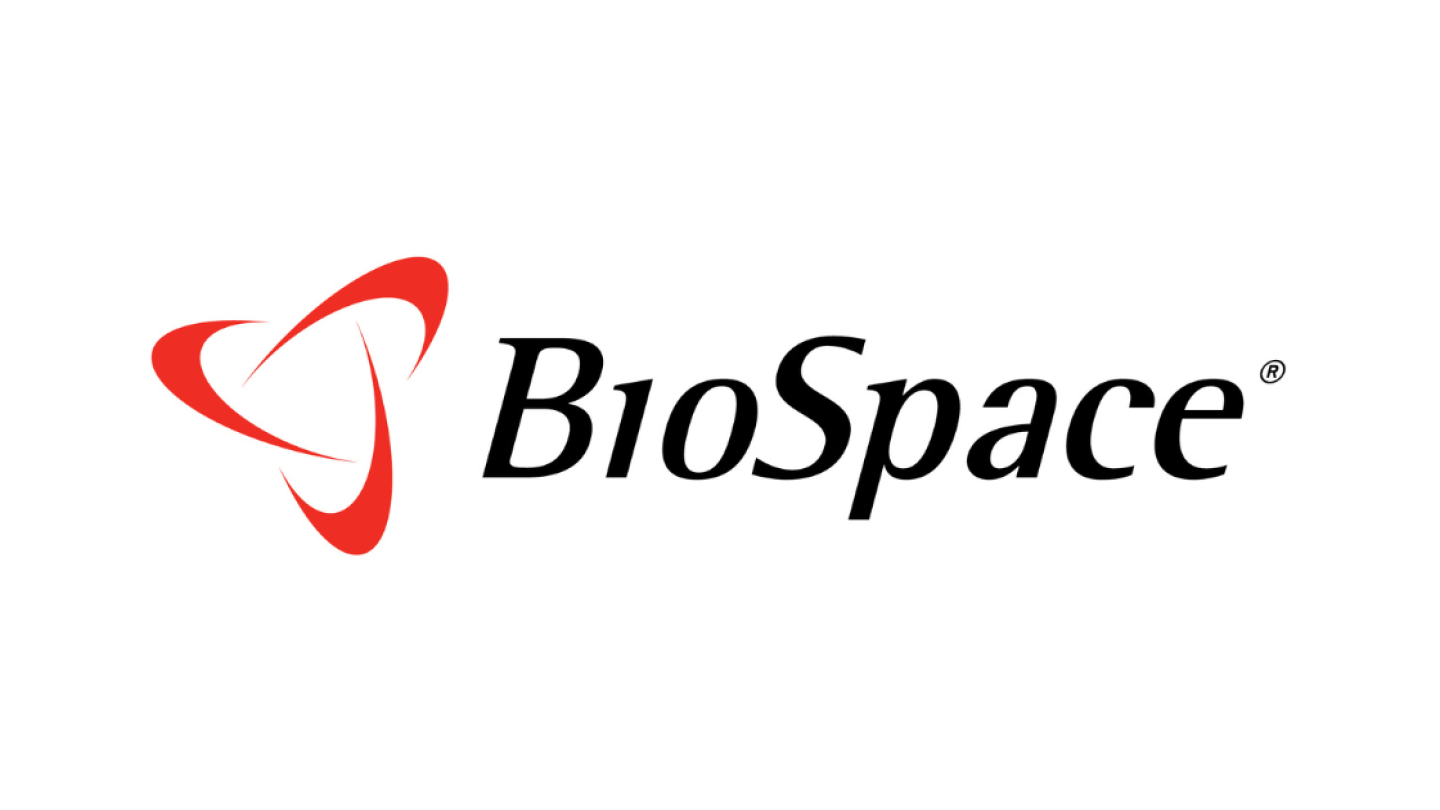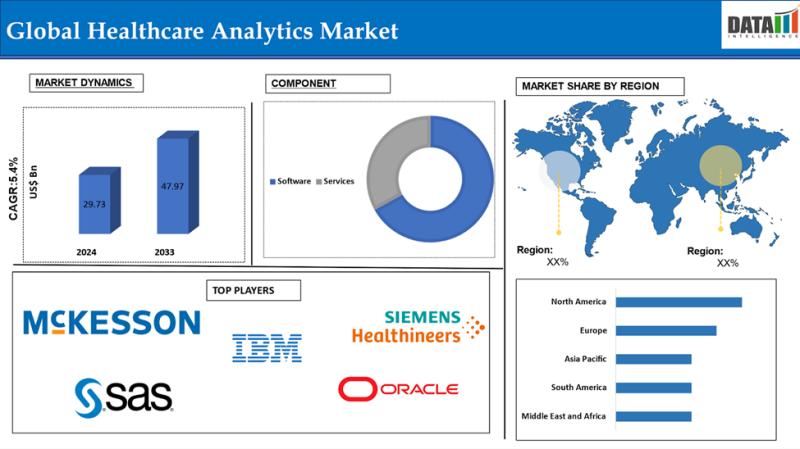September 2023: Predictive Data Analytics in Global Health


This month’s Research Roundup is focused on the use of predictive data analytics within global health to support health outcomes. We’ve invited Diwakar Mohan, faculty at the Center for Global Digital Health Innovation in the Johns Hopkins Bloomberg School of Public Health, to provide his thoughts and considerations on how big data can be leveraged to support population health outcomes. There are many aspects to explore, including studies that demonstrate:
- How the use of big data, such as Facebook ad data or geo-referenced household data, can allow us to track and monitor progress on United Nations Sustainable Development Goals (SDGs)
- The need for clear governance and legislation around the use of big data as well as data privacy and security.
Guest Editor’s Remarks:
In the digital age, the use of predictive analytical models has revolutionized various fields, with global health not being an exception. The field involves the use of data, statistical algorithms, and machine learning techniques to predict future outcomes based on historical—or, in some cases, live—data. These models have emerged as powerful tools, enabling researchers and policymakers to detect disease outbreaks, allocate resources efficiently, and design effective interventions.
Early detection and prevention of diseases
A big impact of predictive analytical models in global health is their ability to detect and predict disease outbreaks, in time for corrective action. By connecting and analyzing vastly different data, these models can identify spatial patterns and time trends, allowing health organizations to prepare and respond proactively. These models, for example, have been instrumental in predicting the spread of infectious diseases such as Ebola and Zika virus, as well as the COVID-19 pandemic.
Optimizing resource allocation
Resource allocation is a critical aspect of global health management, especially when it is a fixed pie. Predictive analytical models have helped healthcare organizations in high-income settings to optimize their resources by forecasting patient admissions, medication needs, and equipment requirements—ensuring health systems have the right resources in the right place at the right time. We are working towards achieving similar gains in low resource settings where optimization efforts are slower due to a lack of timely and good quality data.
Precision medicine
Predictive analytical models are revolutionizing healthcare by enabling individualized treatment plans and targeting. By analyzing a patient’s medical history, lifestyle, and environmental factors, models can predict disease risks and recommend tailored management options. These capabilities enhance patient outcomes, and reduce unnecessary treatments and tests, minimizing preventable side effects, lowering healthcare expenses, and optimizing use of available resources.
Targeting public health interventions
Predictive analytical models also play a vital role in the design and rollout of targeted public health interventions. Analyzing contextual factors in the community alongside demographic data, the social determinants of health, and historical health records allows models to identify at-risk populations and tailor interventions to specific sub-populations. These models ensure that public health efforts are focused, efficient, and impactful.
Challenges and ethical considerations
While predictive analytical models offer immense potential, their use in global health will not be without challenges. Ensuring data privacy (especially amongst the most vulnerable), addressing biases in algorithms, and building trust amongst stakeholders are significant hurdles. Ethical considerations around consent, data ownership, and the responsible use of predictive models need to be handled carefully in order to maintain public trust and uphold the integrity of those responsible for public health.
Conclusion
Predictive analytics have emerged as indispensable tools within global health. By harnessing the power of improved data and advanced algorithms, these models facilitate early disease detection, optimal resource allocation, precision medicine, and targeted public health interventions. However, stakeholders (including policymakers, researchers, and public interest organizations) need to address ethical concerns as well as work collaboratively to harness predictive analytics’ full potential. Due to continuous advancements in technology, predictive analytical models will continue to shape the future of global health, saving millions of lives and improving well-being, but only when implemented in an ethical and responsible manner.
link







